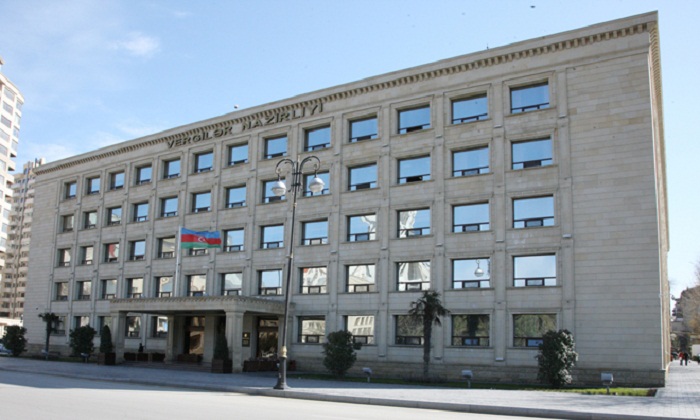The ministry says the agricultural producers have been exempted from taxes (excluding land tax) since 1999: “Currently, the value of those products are involved in VAT during the retail sale. Along with this, the goods purchased from those who are not VAT payers are sold with 18% VAT. As a result of this, artificial price rice in agricultural products has negative impact on their trade turnover. According to the current legislation, the cost of operation, on which VAT was imposed, is calculated basing on the amount of money without VAT paid to the tax payer by customer and any person. As there is no other way to calculate the VAT in the Tax Code, the trade networks are to calculate the VAT on total turnover and this causes price rise. New reforms will regulate this sphere in favour of population and entrepreneur”.
According to Ministry, the VAT is consumption tax levied from end consumer and calculation of this tax from trade markup must result in decline of prices: “This will have positive impact on turnover of the entrepreneurs. Therefore, those who are engaging in retail trade must register the goods exempted from VAT and purchased by paying VAT separately. If they don’t register, the VAT will be imposed on total turnover”.
The ministry also noted that circle of the persons engaging in this sphere must be determined.
Another point on VAT is that the social policy in the country considers regulation of several consumption goods prices by differentiation of 18%-VAT on those goods. Therefore, international practice is currently being studied and relevant amendments will be made to the Tax Code.
More about:















































